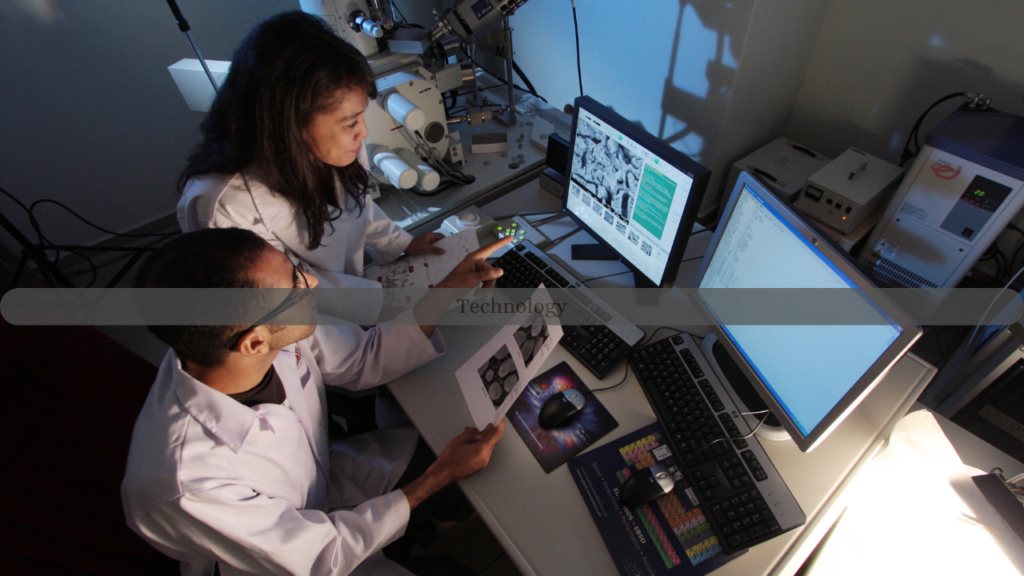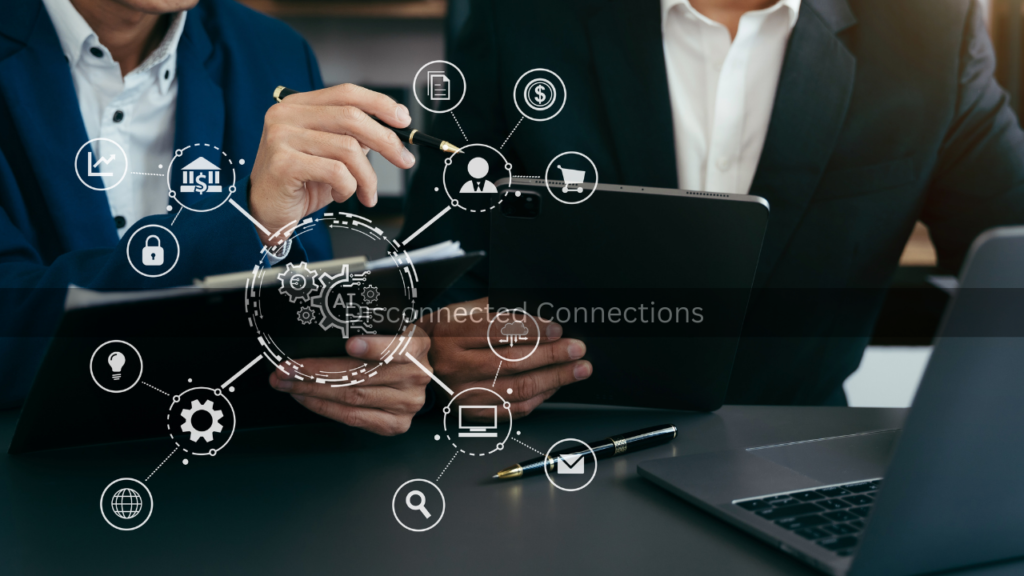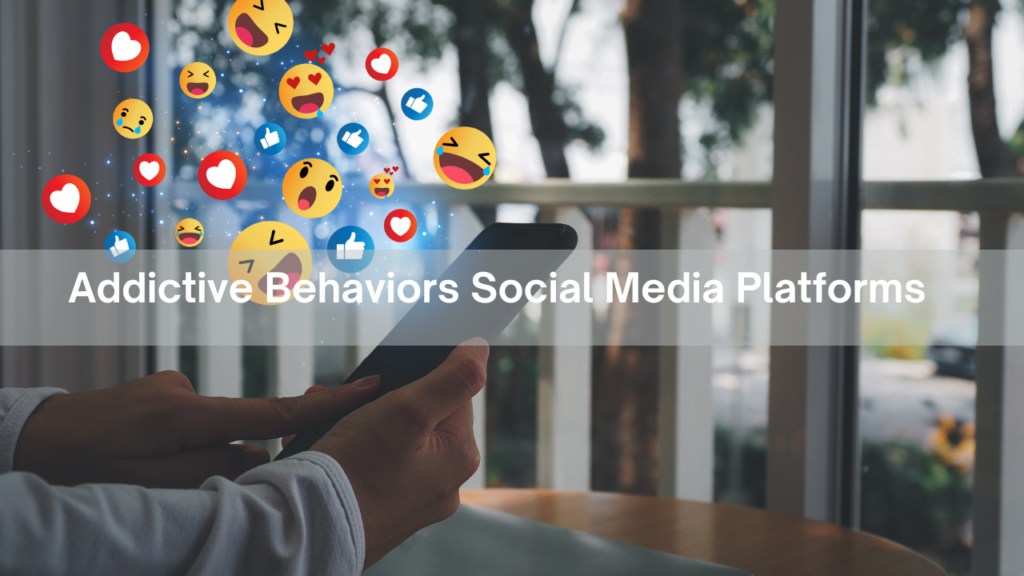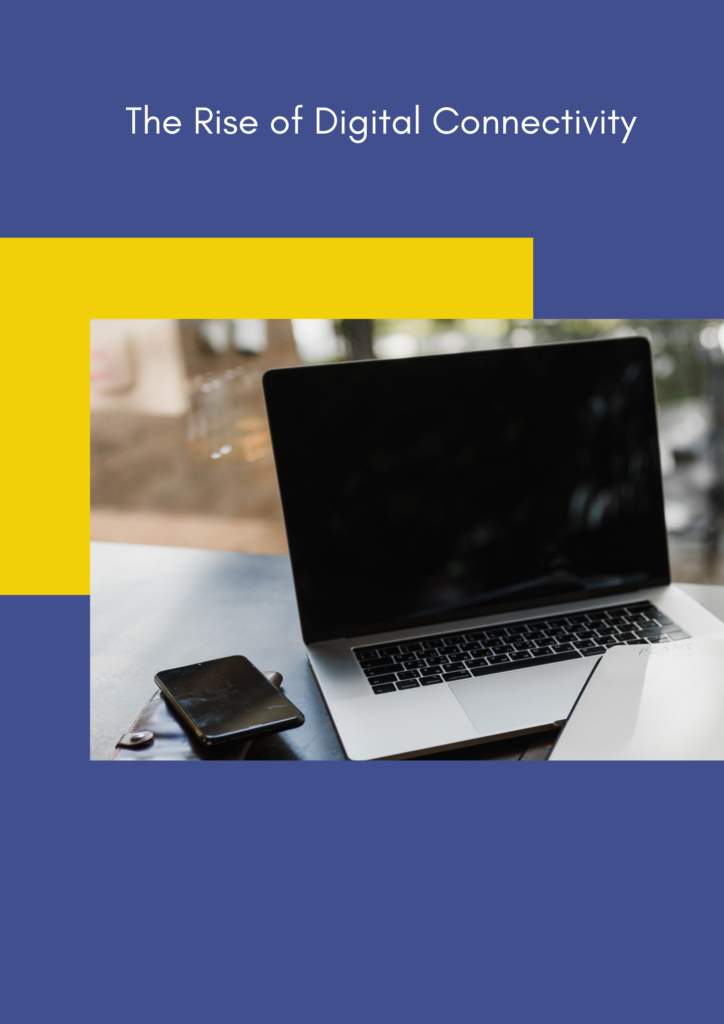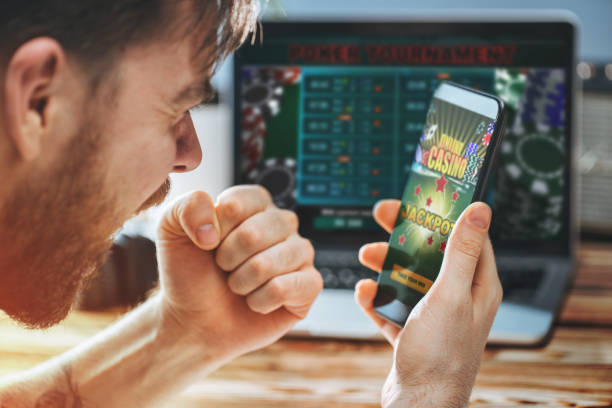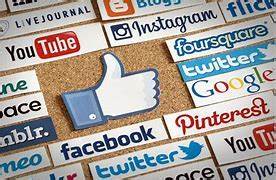
In an age where digital technology dominates nearly every aspect of our lives, the question arises: are our screens bridging or breaking our human connections? While technology offers unprecedented convenience, its pervasive presence in our daily lives has sparked debates about whether it strengthens relationships or creates a digital divide that alienates us from each other.
The Paradox of Connectivity
Technology has transformed the way we interact. Smartphones, social media, and messaging platforms have made it easier than ever to stay connected, regardless of physical distance. Yet, this constant connectivity often comes at the expense of meaningful, in-person interactions. Instead of engaging deeply with those around us, many of us find ourselves glued to our screens, scrolling through curated feeds, replying to endless notifications, or engaging in superficial conversations.
This paradox highlights the difference between connection and true intimacy. While technology enables us to communicate more frequently, the quality of those interactions often suffers. Virtual communication can lack the depth and nuance of face-to-face interactions, where body language, tone of voice, and emotional presence play critical roles in fostering genuine understanding.
The Erosion of Presence
One of the most significant impacts of screen dependency is the erosion of presence. Consider a scenario where a family sits together at the dinner table, each member absorbed in their device. While physically present, their minds are elsewhere—lost in the digital realm. This phenomenon, often referred to as “phubbing” (phone snubbing), undermines the essence of connection: being fully present and engaged.
The constant allure of our screens pulls us away from the here and now, making it challenging to build and maintain deep relationships. Over time, this lack of presence can lead to feelings of isolation and loneliness, even when surrounded by others.
The Illusion of Social Media
Social media is perhaps the most glaring example of how technology can both connect and divide us. Platforms like Instagram, Facebook, and Twitter offer the illusion of connection, allowing us to share our lives and stay updated on others’ activities. However, the curated nature of these platforms often leads to superficial interactions, such as likes and comments, which lack the emotional depth of genuine conversations.
Moreover, excessive use of social media can foster feelings of inadequacy and envy. When we compare our lives to the highlight reels of others, it can strain relationships and hinder our ability to connect authentically. Instead of focusing on real connections, we may find ourselves chasing validation through likes and shares.
The Path Forward: Striking a Balance
While screens have undeniably impacted human connection, it is possible to navigate the digital world without sacrificing meaningful relationships. The key lies in balance and intentionality.
Setting boundaries around screen time can help us reclaim moments for face-to-face interactions. Designating “tech-free” zones or times, such as during meals or family gatherings, encourages deeper engagement with those around us. Additionally, prioritizing in-person conversations and practicing active listening can strengthen bonds in ways that digital communication cannot.
In conclusion, while screens have the power to connect us across distances, they can also create a divide when misused. By being mindful of how we engage with technology, we can preserve and even enhance the human connections that truly enrich our lives.
